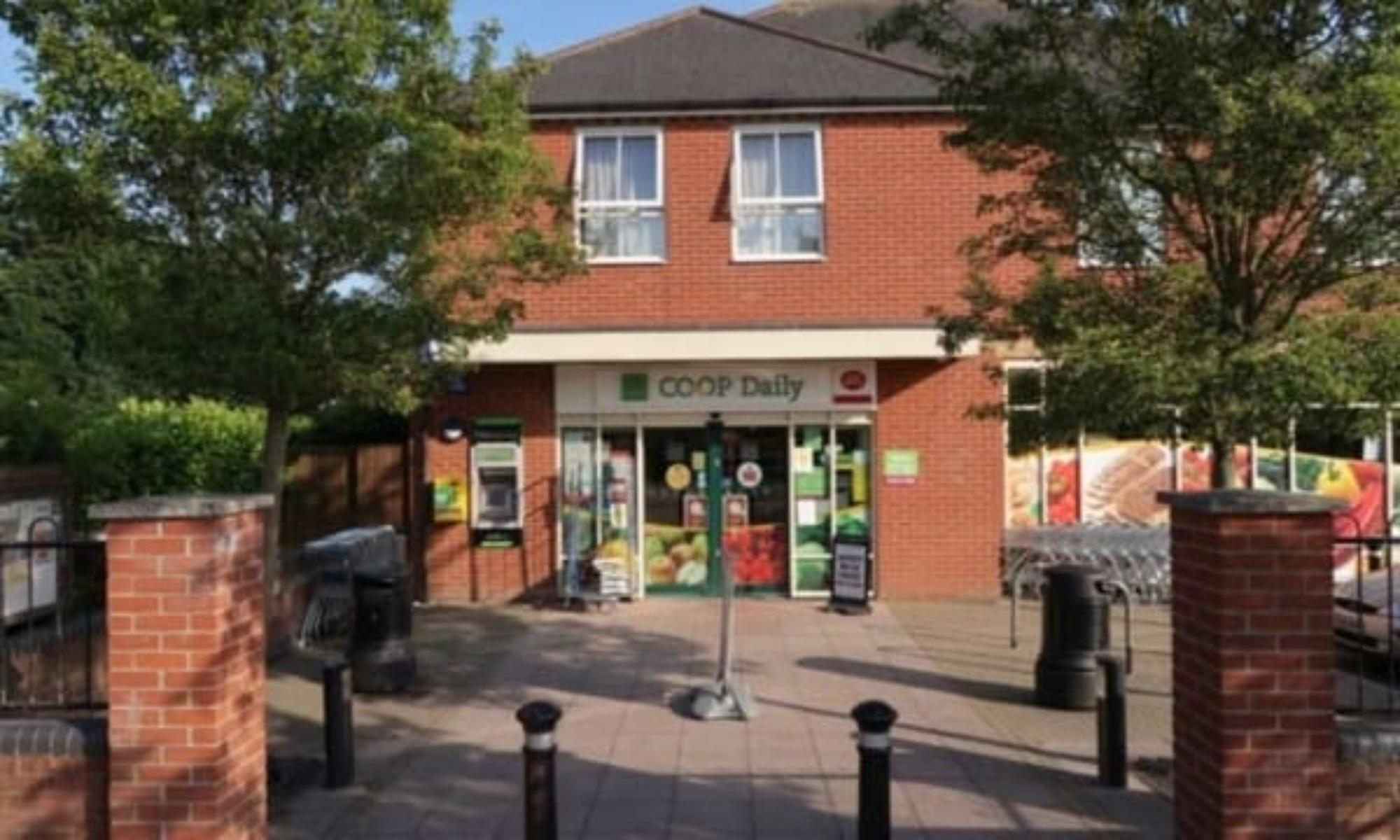 Free Health And Wellbeing Event For People Living With And Beyond Cancer
Free Health And Wellbeing Event For People Living With And Beyond Cancer
Colchester’s Mayor Cllr Colin Sykes, and his wife Cllr Laura Sykes, will open the event at 10.30am
For the first time in North Essex and surrounding areas cancer patients and their families who are living with and beyond cancer are being invited to a free health and wellbeing drop in cancer information day taking place on Saturday 26 April at the St John’s Community Centre, St John’s Close, Colchester, CO4 OHP between 10.30am and 3.30pm to find out about all there is available for those affected by cancer. There will be free parking and refreshments.
Macmillan Cancer Support and Colchester Hospital University NHS Foundation Trust have joined forces to host this major cancer event to provide people, who have undergone or completed treatment for cancer, no matter how long ago or for what type of cancer, with the opportunity to find out about what support, information, advice and facilities are available, to help them adjust to life with, and beyond, cancer. This event is linked to a new Self-Managed After Care service launched on the 1st April by the Trust and Macmillan Cancer that will provide one of the most comprehensive support and information services to cancer patients and their families in the UK.
The event is funded by Macmillan Cancer and supported by more than 20 local organisations such as Macmillan Welfare Benefits, CHAPS – Men’s Health, Age UK, Breast Care, St Helena Hospice, Health Professionals, Equipment Suppliers, Cancer Support Groups, Marie Curie, St John’s Church Community Centre, Essex Carer Support and many more. The day will include four 45 minute presentations and question times on Benefits Advice, Counselling, Men’s Health, Physiotherapy & Exercise.
Peter Carrington, Lead Volunteer at the Macmillan Cancer Support, Drop-In & Information Centre, based at Essex County Hospital, said:
We are encouraging people and their families affected by cancer to come along to the event, so they are better informed about how they can make a positive difference to their every-day life. No one with cancer should have to face it alone; they should have easy access to high quality care, treatment, information and support, to meet their medical, practical, emotional and financial needs. Research has shown how important health and wellbeing is to the recovery and long-term health of cancer patients. For more information please phone 01206 744401.
Debbie Farthing, Macmillan Information & Support Manager said:
The cancer journey can be a particularly difficult time for many patients and their families and they need to know there is a robust safety net of support throughout diagnosis, treatment, survivorship, rehabilitation and beyond enabling them to return to everyday life and activities. This event will empower people to live more independently knowing our support and help is always available no matter when on how they need our help. We meet or talk to approximately 5,000 people, families and health professional per year and give out 18,000 plus information booklets with 309 patients and their families receiving on-going daily support from our volunteers with fast track access to health professionals where needed.




